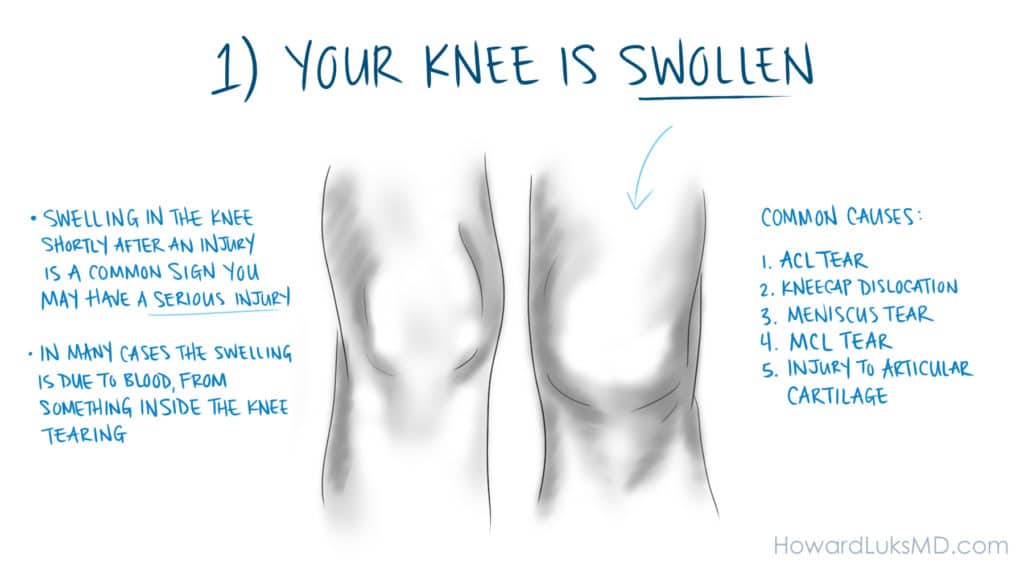Building a competitive NHL roster is a task requiring significant effort and patience. The process of dismantling a current team and rebuilding it through the draft, trades, and free agency is inherently time-consuming.
The Toronto Maple Leafs` playoff roster, as seen in 2025, was the result of several years of development. The team`s core players – Morgan Rielly, Mitch Marner, William Nylander, Auston Matthews, and John Tavares – formed a foundation that the organization believed would lead to a championship. However, this strategy has not been successful, signaling a need for a change in approach.
The Maple Leafs` playoff failures haven`t stemmed from a shortage of skilled players. Instead, their losses are attributable to their inability to combine “skill and will” effectively. Their recent defeat against the reigning champion Florida Panthers starkly underlined the necessity for the Leafs to have more players who possess the willingness and capacity to adapt to the demanding style of play seen in the Stanley Cup playoffs.
On a positive note, this year`s playoff exit revealed an emerging homegrown talent in Toronto who perfectly embodies the qualities needed to win games during the most crucial period of the season.
Matthew Knies has compellingly demonstrated why he should be a central figure in whatever the Leafs` future core group becomes.
Power Forward Attributes
Still early in his professional career, Knies is showing himself to be a rare type of player in the NHL. He operates as a power forward effective in all game situations. He generates offense both at even strength and on the power play, and his physical presence helps create space for himself and his teammates.
Knies made significant progress in his second NHL season, recording 29 goals and 58 points across 78 games. He played an average of 18:30 per game, took 152 shots, and landed 181 hits. Notably, only three other NHL players this season managed to score over 25 goals and register more than 180 hits: Tom Wilson (33 goals, 233 hits), Brady Tkachuk (29 goals, 228 hits), and Vincent Trocheck (26 goals, 214 hits).
His regular season performance included averages of 2.32 hits and 0.74 points per game.
A particularly valuable trait of Knies is the consistency of his game, which doesn`t diminish in the playoffs. While scoring typically becomes harder in the postseason, he maintained an average of 0.53 points per game, and his physical intensity remained strong, averaging 2.38 hits per game in the series against Ottawa and Florida.

Comparable Players
At just 22 years old (turning 23 in October) and with a build of 6-foot-3, 227 pounds, finding an exact comparable player for Knies is challenging.
For comparison, Trocheck is 31 (5`11, 188 lbs), Wilson is also 31 but is larger (6`4, 225 lbs). Brady Tkachuk, at 25, is closer in age and size (6`4, 225 lbs).
Notably, Knies is the sole NHL player under the age of 25 this season to achieve over 25 goals and 180 hits.
The next comparable player, who is quite similar, is New York Rangers forward Will Cuylle, also 23 years old and an RFA this summer. Cuylle`s performance is also improving, and he is similarly difficult for opponents to play against. This past season, Cuylle averaged 15:04 of ice time, used in all situations, with 20 goals, 25 assists, and the league`s fifth-highest hit total (300). He measures 6-foot-3, 212 pounds.
Ultimately, few players across the NHL possess the blend of size, skill, and physicality that Matthew Knies provides to the Maple Leafs roster.
Contract Status
Should he remain unsigned by July 1, Knies will become a restricted free agent with a qualifying offer of $874,500. The negotiation process for his contract extension with Leafs management will be a key area of interest.
Given the projected significant increase in the NHL salary cap, which will undoubtedly raise player costs leaguewide, here are examples of contracts signed by other players after completing their entry-level deals:
- Cole Caufield, Montreal Canadiens: $7.85M x 8 years. Expires 2031.
- Juraj Slafkovsky, Montreal Canadiens: $7.6M x 8 years. Expires 2033.
- Matt Boldy, Minnesota Wild: $7.0M x 8 years. Expires 2030.
- Matt Coronato, Calgary Flames: $6.5M x 7 years. Expires 2032.
- Quinton Byfield, LA Kings: $6.25M x 5 years. Expires 2029.

